Most Americans don’t realize that much of the food they eat has been farmed, at least in part, by men and women serving in the country’s prisons.
It’s become public knowledge that companies such as Target, Walmart, and McDonald’s are capitalizing on the fact that it’s legal to force prisoners to work for next to nothing on former slave plantations. And not everyone believes this practice is right for the American people.
U.S. Prison Labor Is a Multi-Billion-Dollar Operation
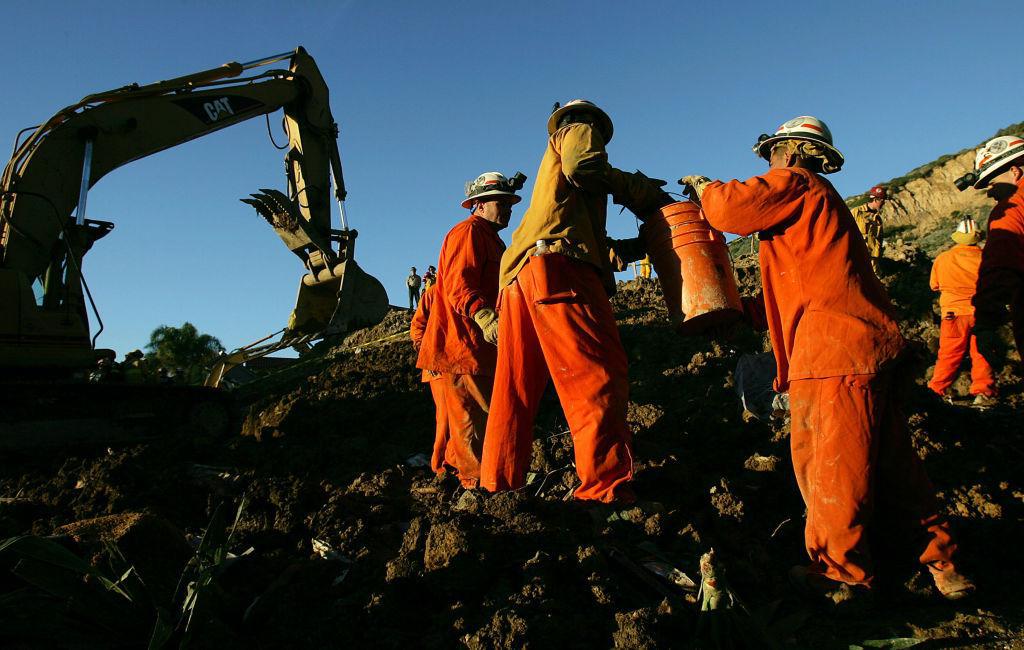
From making license plates to working on road crews, fighting wildfires, picking cotton, herding cattle, and almost everything in between, the 2 million prisoners in the United States make up a significant percentage of the company’s workforce.
Data from The Associated Press shows that, over the past six years, at least $200 million worth of livestock and farmed goods sold to the American people has come directly from a correctional facility. And many argue that the number is nowhere near the actual amount.
Many Prisons Raise the Beef Americans Eat
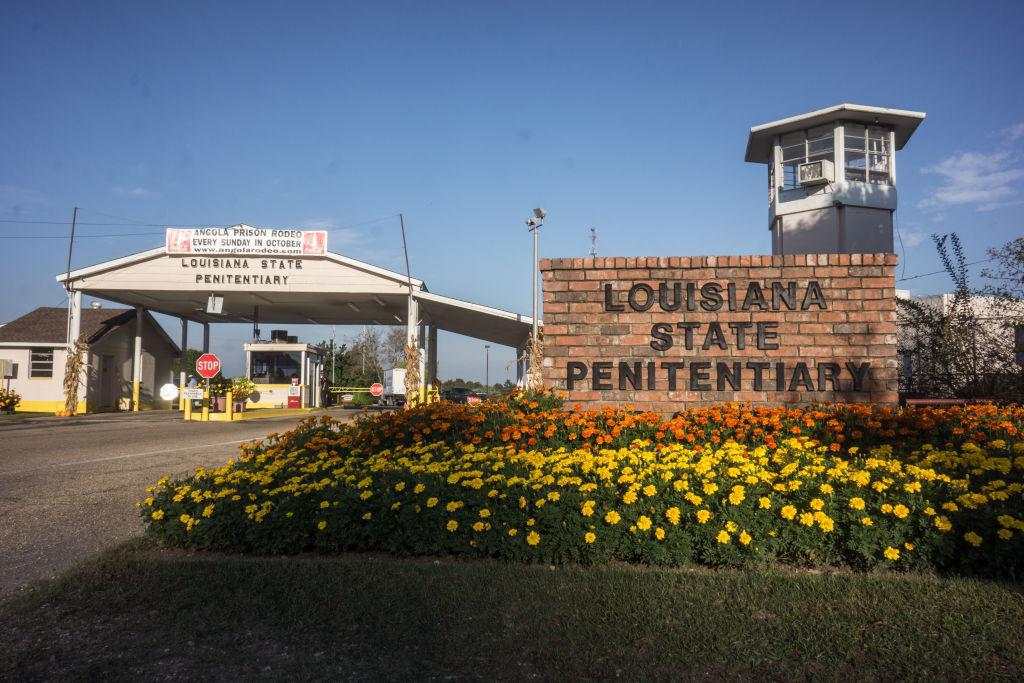
At Louisiana State Penitentiary, also known as Angola or just “The Farm,” prisoners are forced to raise, herd, and transport cattle, which is slaughtered and sold to giant companies such as McDonald’s and Walmart.
And many are arguing that while the country’s billion-dollar corporations profit, the inmates who produce their products are suffering.
Washington Has Banned Prison Labor-Produced Products from Other Countries
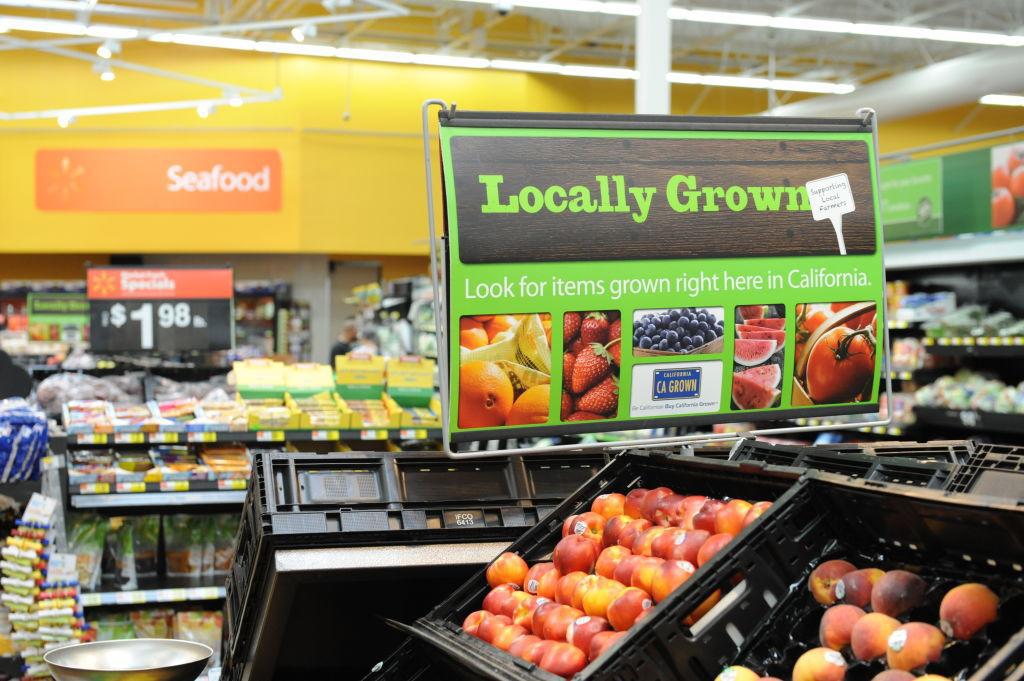
The vast majority of people agree that forced labor is wrong, and the U.S. government has historically sided with this argument.
In fact, Washington has previously banned products from other countries after finding out it was produced by forced or prison labor. Most recently, Washington stopped cotton imports from China that were made by those without the freedom to say no.
Giant Companies Are Lying to the American People

But the American government has done nothing to stop this practice from occurring on its own soil. And it’s likely because the majority of the country’s largest companies use prison laborers to make their billions.
General Mills, which makes cereals and Gold Medal flour, among other products, has said that it has strict policies in place to restrict forced labor. However, The Associated Press found that statement is simply untrue.
McDonald’s Says They’re Investigating
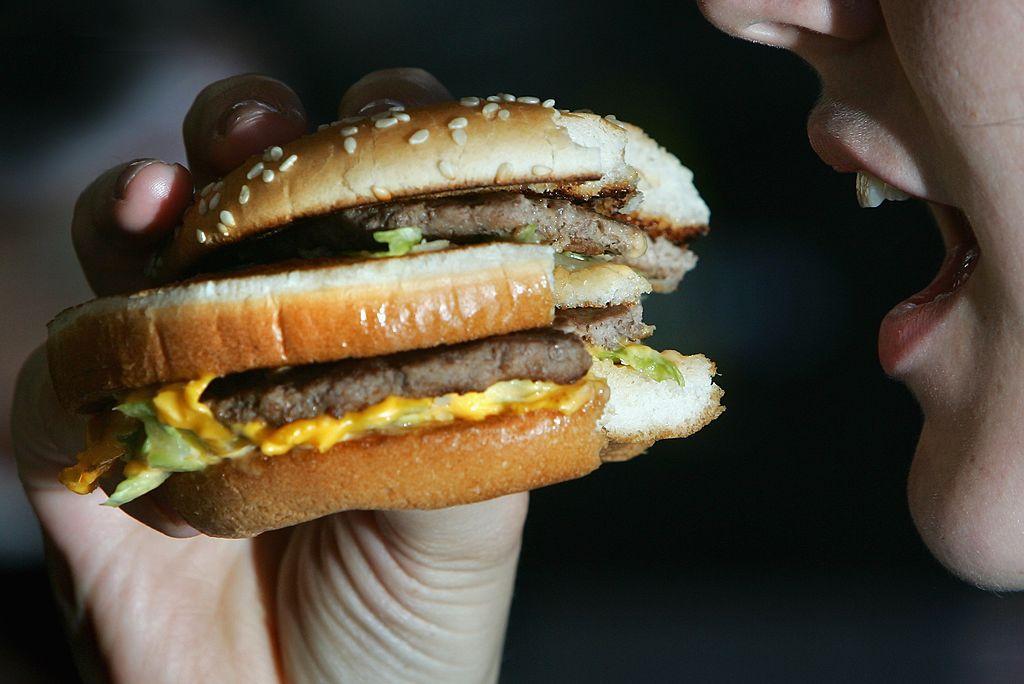
McDonald’s has also been called out for using prison-raised cattle to make its billions of hamburgers.
The company responded to the allegations by saying that they will launch an investigation, though few believe that the company will change anything unless the government forces them to.
Prison Laborers Are Incredibly Vulnerable
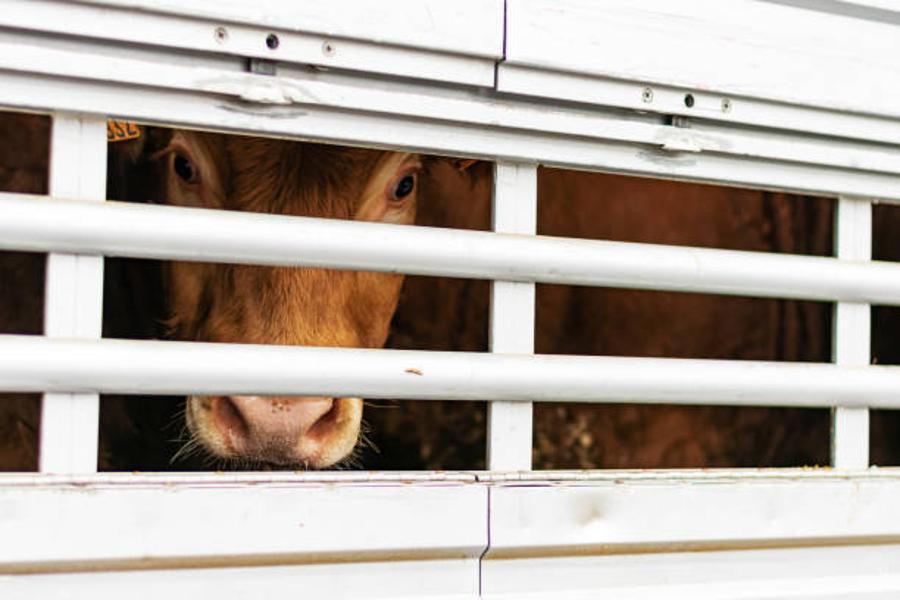
It’s important to understand that, according to the 13th Amendment, involuntary servitude and slavery are illegal within the United States unless it’s a punishment for a crime.
These incarcerated laborers make pennies by working these physically demanding jobs, and what’s worse is that they aren’t protected by labor laws.
Refusing the Job Means Jeopardizing the Opportunity for Parole … Or Worse
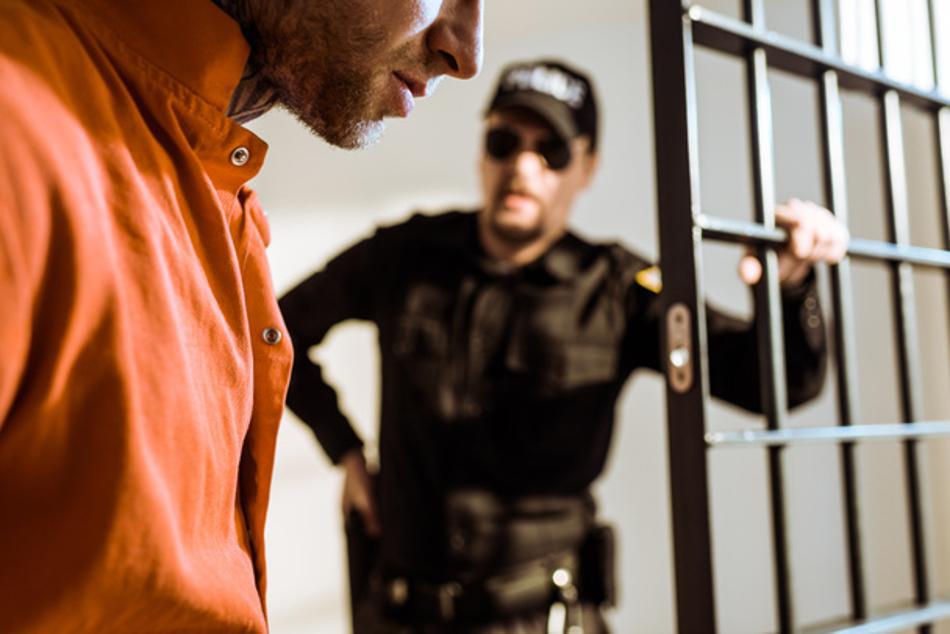
If someone in prison refuses to work the job assigned to them, they could lose their chance for a parole hearing. And sometimes, the punishment is even worse.
There are firsthand accounts of prisoners being sent to solitary confinement or even being beaten by prison guards for declining to work.
Guards Have Been Accused of Inhumane Treatment
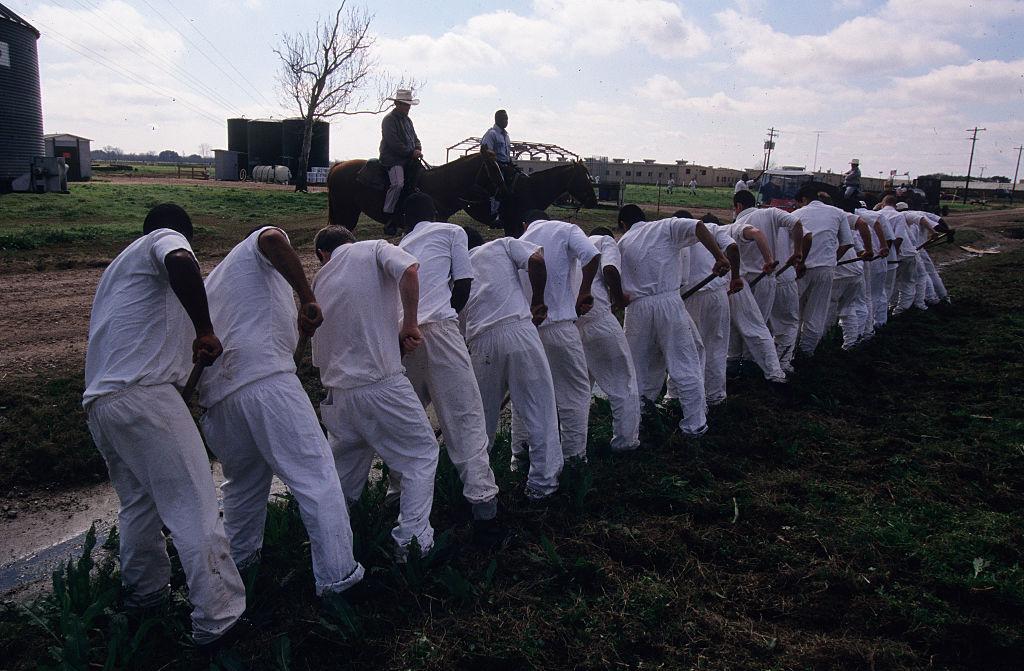
Ingram, an American prisoner serving a life sentence, told the press, “[The guards would] come, maybe four in the truck, shields over their face, billy clubs, and they’d beat you right there in the field. They beat you, handcuff you, and beat you again.”
Sadly, this is just one of many stories of physical violence and a lack of human empathy from those supposedly guarding America’s incarcerated.
Most Americans Don’t Agree with the Practice
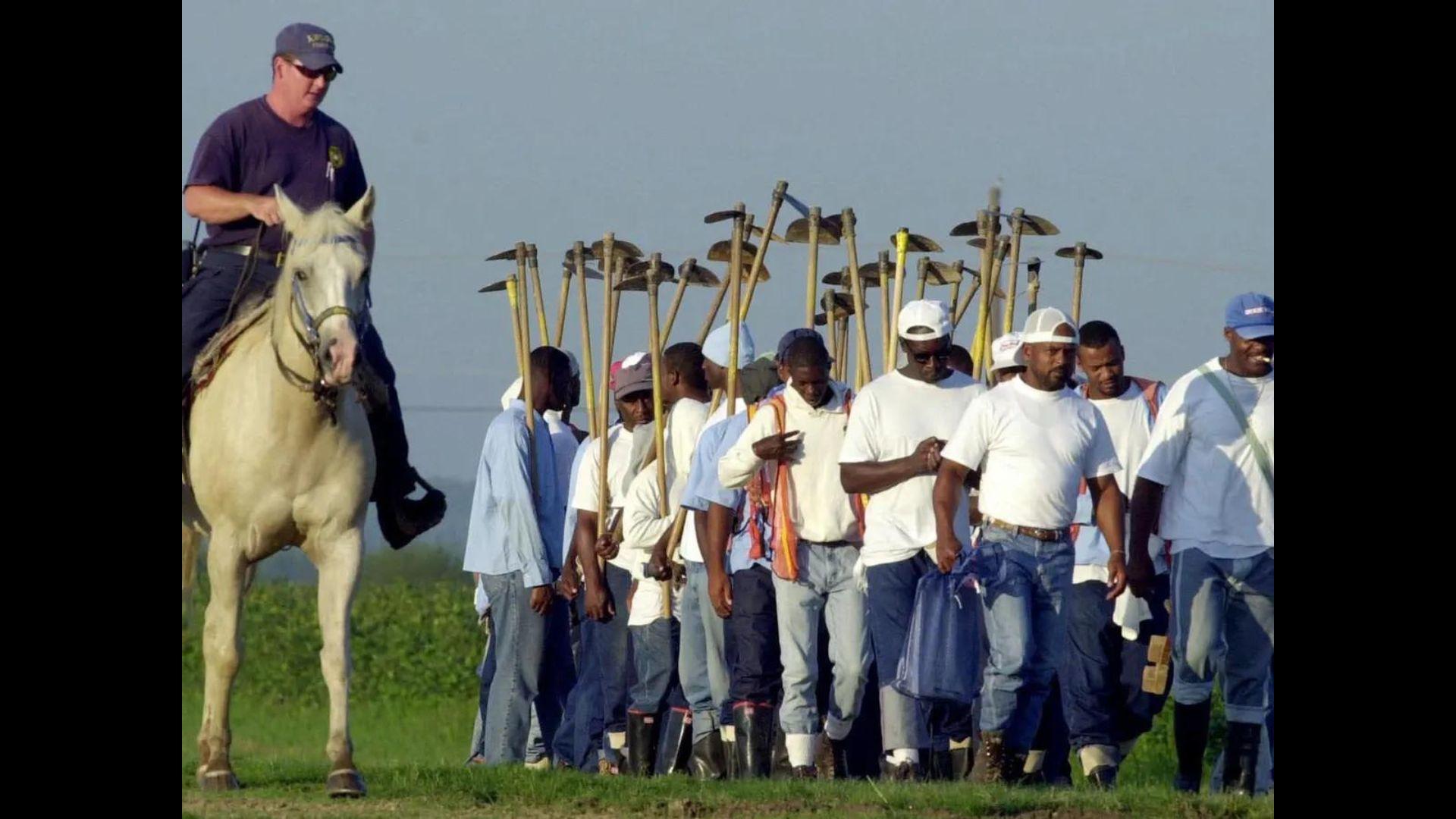
While some Americans see the value in a prison labor workforce, the majority disagree with the practice of forced manual labor. They feel as if it does not help the prisoners, it only benefits the companies they “work” for.
Andrea Armstrong, a law professor and expert on prison labor from Loyola University, told the AP, “They are largely uncompensated, they are being forced to work, and it’s unsafe. They also aren’t learning skills that will help them when they are released. It raises the question of why we are still forcing people to work in the fields.“
Prison Labor Sounds and Looks a Lot Like Slavery
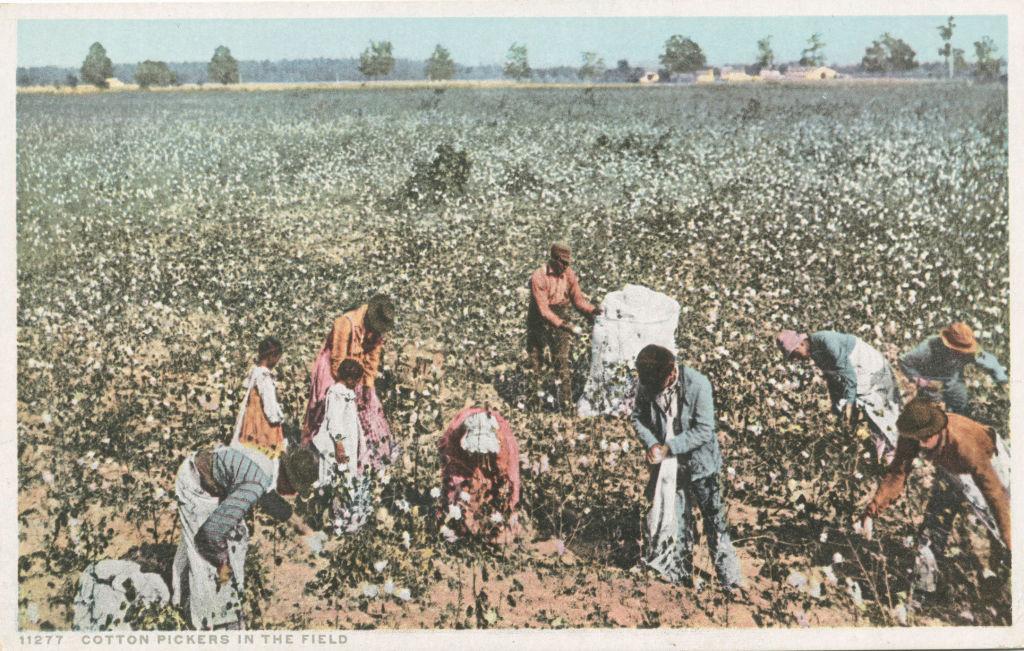
Sadly, depictions of slaves picking cotton hundreds of years ago look almost identical to photographs of inmates doing the same in 2024. And many are arguing that the situation hasn’t changed; the rich are still making money off the vulnerable.
A former inmate at the Louisiana State Penitentiary, Curtis Davis, said in a recent statement, “Slavery has not been abolished. It is still operating in present tense. Nothing has changed.”
Americans Are Fighting Back Against the Current Policies

The fact that forced labor among the imprisoned is legal in the United States is a big issue for many voters.
In over a dozen states, the ballots this year will include the question as to whether or not the federal regulation should be adjusted to stop this practice. However, whether or not the vote will pass is yet to be seen.
